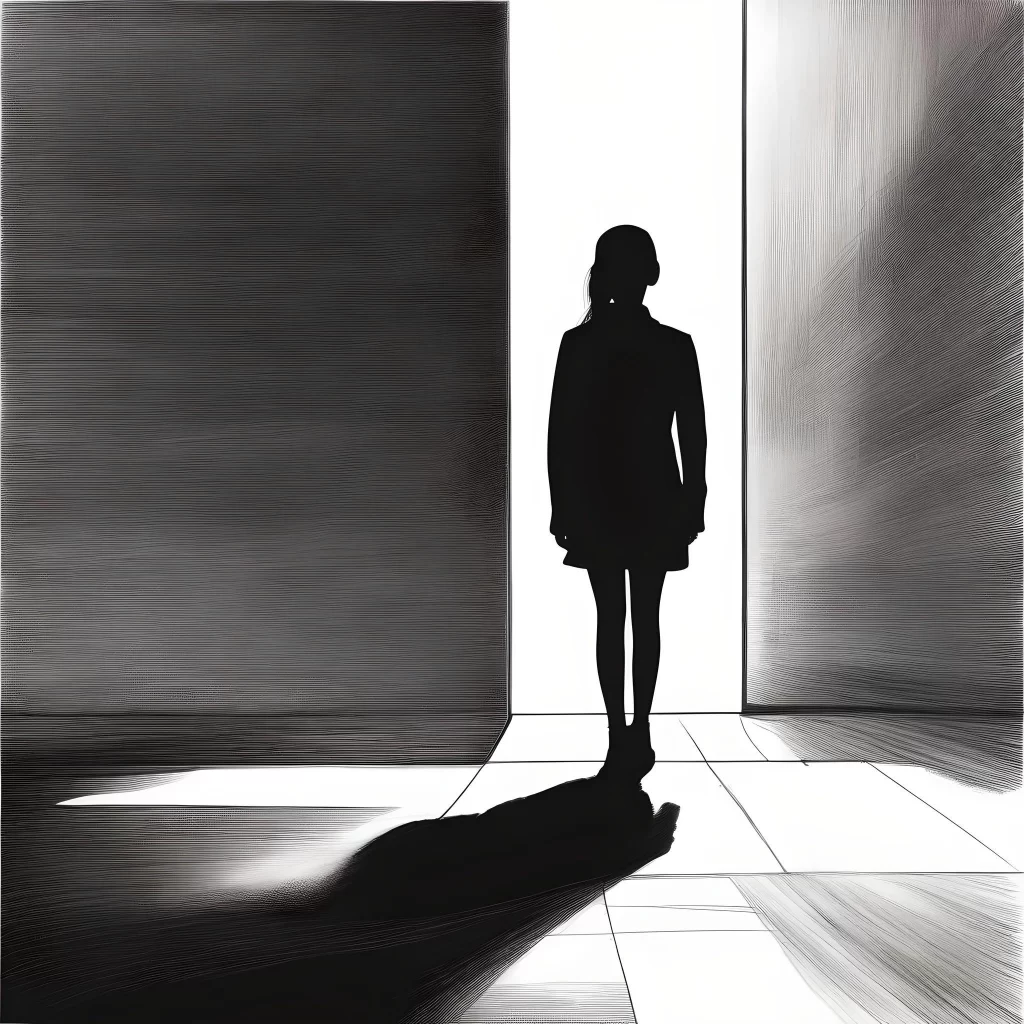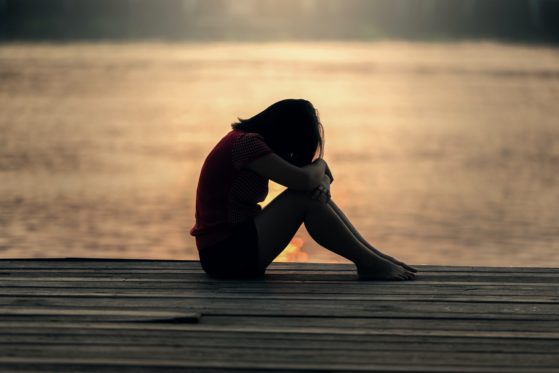To be a man is considered a privilege, albeit unfair — one that has existed for millennia. And yet, studies indicate that men are more likely to die by suicide than women. In the western society, men are almost 5 times more likely to die by suicide than women. There appears to be a contradiction here: how come a group of people that has enjoyed a position of privilege be more likely to take their own life than the people they enjoy privilege over? The explanation lies in the concept of masculinity.
Decoding Masculinity
 The standards by which a “real” man is defined can vary dramatically, influenced by factors such as race, class, or culture, but there still exist common ideals of masculinity. In most society, to be a man is to be self-sufficient, to demonstrate toughness, to be physically attractive in a specific way, to have enviable sexual prowess, and to resort to aggression to settle disputes. Men are told that being sensitive, talking about your feelings or seeking help is a sign of weakness; physical strength is a sign of manliness; enduring difficulties in silence and with a brave face is a virtue; the ability to attract women decides where a man resides in the hierarchy of power; and aggression – physical and verbal – is the best tool to resolve conflicts. This set of beliefs that is forced upon men has been shown to have severe negative consequences such as violence (men being both perpetrators and victims), anxiety disorders, depression, and a multitude of other mental disorders. These facts help us make sense of why men are more likely to die of suicide, and emphasize the importance of amending our ideals of masculinity.
The standards by which a “real” man is defined can vary dramatically, influenced by factors such as race, class, or culture, but there still exist common ideals of masculinity. In most society, to be a man is to be self-sufficient, to demonstrate toughness, to be physically attractive in a specific way, to have enviable sexual prowess, and to resort to aggression to settle disputes. Men are told that being sensitive, talking about your feelings or seeking help is a sign of weakness; physical strength is a sign of manliness; enduring difficulties in silence and with a brave face is a virtue; the ability to attract women decides where a man resides in the hierarchy of power; and aggression – physical and verbal – is the best tool to resolve conflicts. This set of beliefs that is forced upon men has been shown to have severe negative consequences such as violence (men being both perpetrators and victims), anxiety disorders, depression, and a multitude of other mental disorders. These facts help us make sense of why men are more likely to die of suicide, and emphasize the importance of amending our ideals of masculinity.
Traditional Masculinity and Its Woes
Masculine ideals – social respect, sexual appeal and potency, physical strength, perseverance – are not inherently problematic. On the contrary, they can help men flourish. We all, irrespective of our gender, aspire to the respect of our community. Having friends and family who care for us and can be relied upon in times of difficulty is an invaluable asset. Earning the respect of our peers and our idols makes us feel more confident in our abilities and boosts our self-esteem. Physical strength and endurance require andpromote a healthy lifestyle, and being in good health not only helps us be better at work, it also helps us live our lives more fully. Perseverance in the face of hardships builds character, helps us accomplish ambitious goals, and contributes immensely to our success – both professional and personal.
These ideals are clearly healthy, but they become problematic when they set standards that are unattainable, and enforced so rigidly that falling short makes one the object of ridicule. If boys and men are told that these characteristics define their identity, falling short of these standards can not only make one feel anxious and insecure, it can make them loathe themselves and destabilize their sense of self-identity. A threat of this magnitude to one’s sense of self can, then, lead to desperate attempts to conform to the unattainable standards, such as using force to assert dominance and regain the sense of control. Violence, understood in this context, does not emanate from something “toxic” that is innate to or has merged into the nature of masculinity. It is rather a product of social settings that men find themselves in — social settings that make them feel inadequate for not living up to the social expectations. To make matters worse, the masculine ideal of always being in control and never needing help becomes a self-defeating mode of thought that prevents these men from seeking help – professional or personal – that could aid in alleviating their distress.

When these harmful ideals are enforced by an entire society, even rebellion has a cost. If a boy decides to not conform to these rigid, outdated ideals of masculinity and chooses to, say, wear a dress, or expresses himself in ways that are considered feminine, he will most likely be bullied, ridiculed, or ostracized from his peers. It is not difficult to imagine how this can fuel inner conflict.
Barriers to Seeking Professional Help
The social dynamics play an important role in how men act, but they also restrict access to professional help for those who recognize they need help and desire it. Even though psychotherapy has proven to be of equal help to both men and women, men are far less likely to consider psychotherapy as a treatment. Even men who discard the traditional masculine ideals of stoicism and suffering in silence are ambivalent towards psychological treatment. This can be attributed to the limitations of the process of treatment — men may find the therapeutic environment unappealing or misaligned with their traits. For example, someone who highly values autonomy and self-reliance may find it extremely difficult to disclose their difficulties to a therapist, and may find the idea of being “analyzed” an invasion of their private space.
I am still shocked that stigma around mental health for men still exist as a whole. Throughout my years of practice, around 75% to 80% of my patients have been women at any given time. As a male therapist, I feel the need to stand for my fellow men and advocate for some reform in what it means to be masculine or an “alpha male.” In terms of mental health and overall wellbeing – there are some definite commonalities that benefit us all – but I am quite aware that men’s issues also carries some unique challenges.
Since men feel more vulnerable and exposed than women when sharing strong emotions or long-held secrets, a therapeutic alliance can be successful only if men can establish a trusting relationship with their therapist and view their therapist as competent in this domain, which would allow men to be more open to the ideas and suggestions of the therapist. Humor can also help diffuse tension and foster an informal environment that aids self-disclosure.
If psychotherapy can be normalized for men and cater to their needs in ways that are congruent with their identity, many more men will be able to benefit from psychological treatment.
The Way Ahead
Masculinity does not need a complete overhaul, neither do men need to give up all their masculine traits. The way to a better masculinity requires subtle tweaks that can have profound impact on how men perceive themselves and what ideals they set for themselves. As a society, we must encourage vulnerability for all genders. In the recent past, many athletes and celebrities have admitted to seeking therapy and gushed about the immense success they had with the treatment. Michael Phelps, the most decorated Olympian of all time, shared his struggle with depression and anxiety, and admitted to having suicidal thoughts before he sought professional help. Therapy has been so profoundly helpful that he has become a mental health advocate. Phelps is the epitome of hard work, dedication, and success, and he is a role model to countless aspiring athletes. Seeking help did not challenge his masculinity, instead it helped him become the best version of himself. This should serve to convey that there is no shame in seeking help and, in fact, is a more courageous thing to do than to suffer in silence.
We must also stop stifling boys and men from expressing the full range of their gender. Being emotionally expressive, being too close to one’s mother, crying, panicking under stress, avoiding physical aggression — these do not violate any norms of masculinity. On the contrary, they allow men to express their worries, stresses, and insecurities that feels most natural to them. Men need to accept vulnerability as a fundamental component of the human experience, and stop chiding other men for feeling or expressing it. Bravery consists of being open about how one feels, of allowing oneself deep emotional intimacy in relationships; it certainly does not involve hiding or suppressing emotions, or being closed off to emotional intimacy.
The most authentic masculine approach to life is to take the barriers down, to open our hearts to others, to embrace collaboration over competition, to champion equality over domination, to give up aggression for kindness, to fully express our emotions, and to not be afraid of seeking help when things get difficult.






